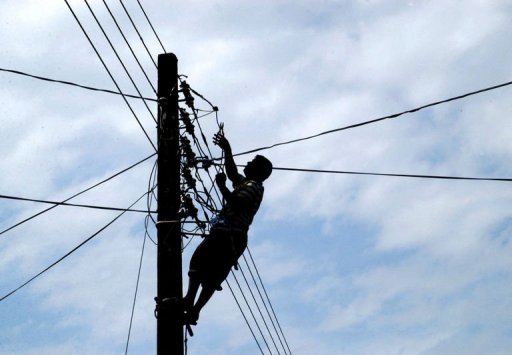September, 27, 2022

The recent increase in electricity tariffs has drawn opposition from some religious organisations. The increases were necessary because the prices charged to consumers were below cost leading to large deficits. Financing these energy subsidies through money printing contributed to the ongoing balance of payments crisis.
Electricity tariffs reflect the relative scarcity of the resources used in its production. So the level of regulated prices matters. When they are set too low the price fails to provide the right signal to energy consumers about costs and scarcity, which risk resulting in over-consumption of cheap service. In the long term, underpricing deprives the producer of funds needed to support new investments.
When prices rise, they are signalling to consumers that they need to strongly consider conserving energy. When the price signal is restricted, which happens if lower rates apply to some users, they are effectively telling consumers, in the midst of a crisis, that there’s no need to conserve.
During this time of national calamity due to the economic crisis, everyone should demonstrate restraint, especially religious leaders. The government has to practice austerity to reduce its fiscal deficit so, they are not in a position to offer a subsidy. Nny concession will have to be in the form of a cross-subsidy, which will further burden other electricity consumers who are currently struggling to make ends meet due to very high inflation.
Energy needs to be conserved not only for economic reasons but for thoughtful stewardship of natural resources, to reduce pollution harmful to human life and health, protects ecosystems, and conserves resources for future generations. In collaboration with the CEB, religious organisations could actively promote energy conservation using LED lighting, and energy-efficient equipment, and reorganise activities in ways that reduce energy use.
The only justification for a discriminatory tariff is for a lifeline tariff for the poor which is included in the existing tariff structure.
Advocata is an independent policy think tank based in Colombo, Sri Lanka. We conduct research, provide commentary and hold events to promote sound policy ideas compatible with a free society in Sri Lanka. Visit advocata.org for more information.
Video Story